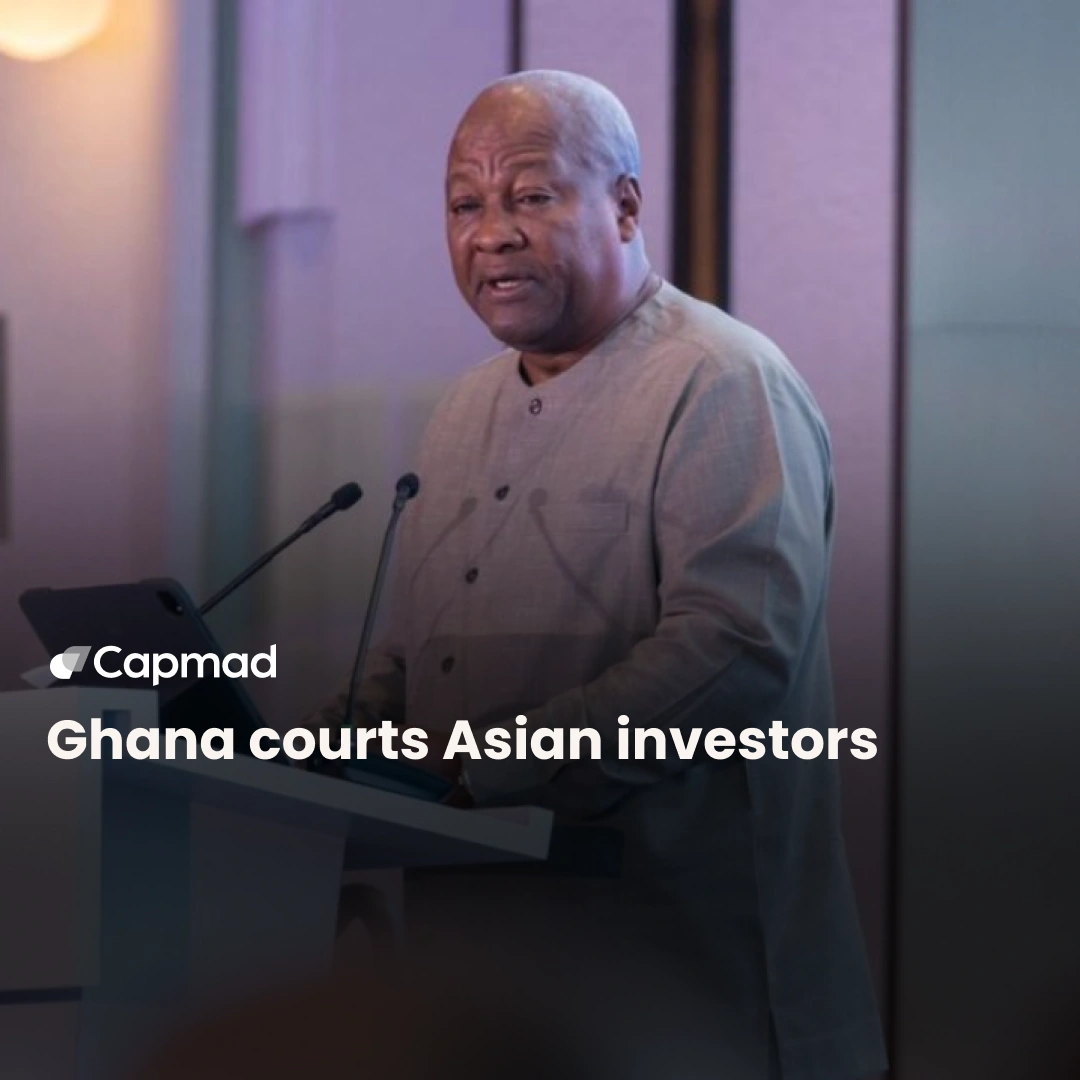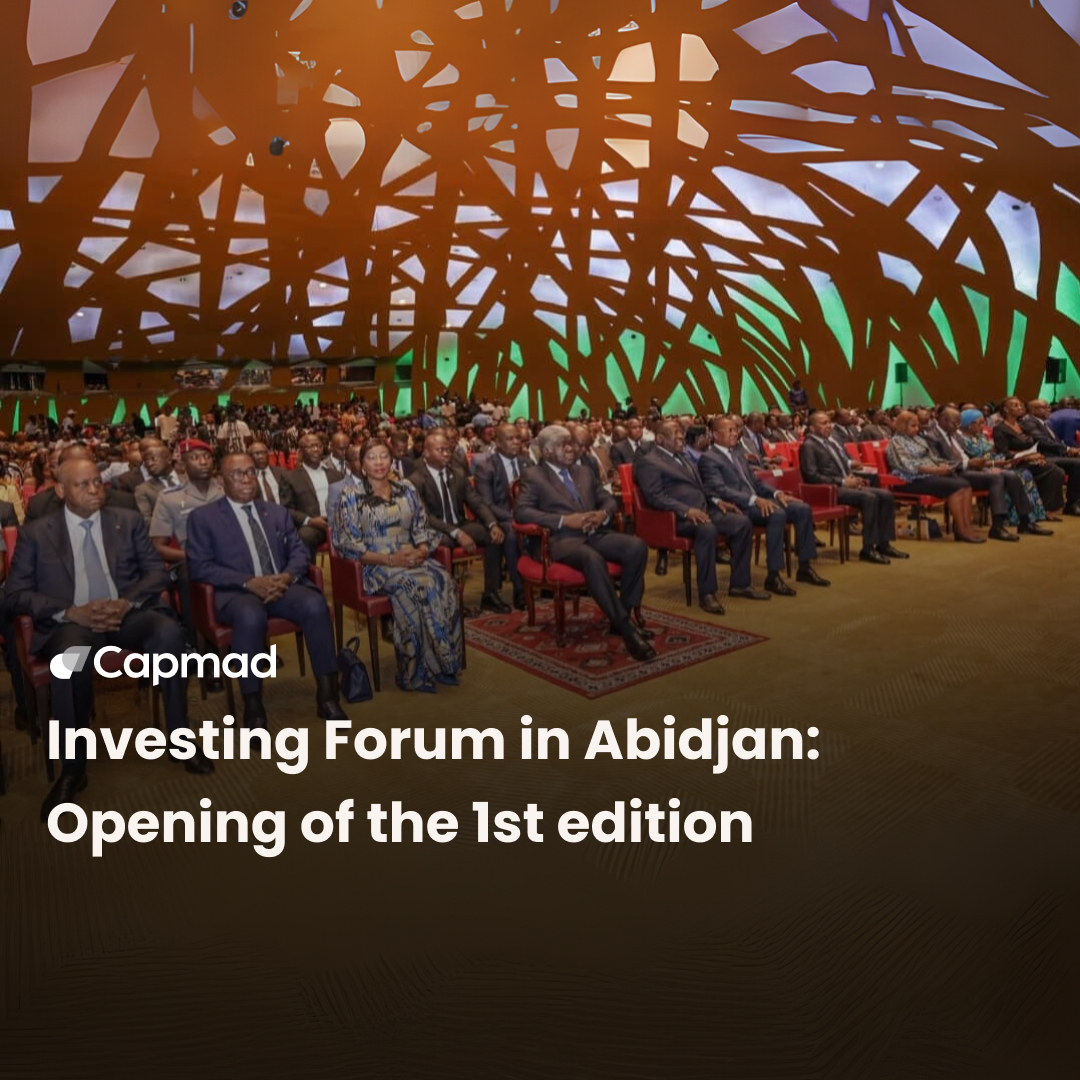UNCTAD emphasizes the need for debt relief to provide African countries with budgetary flexibility, enabling them to invest in strengthening supply chains.
Undeniable development potential in Africa
The United Nations Conference on Trade and Development (UNCTAD) has stated that insufficient investments in infrastructure in African countries hinder the continent from achieving a more advantageous position as a destination in the global supply chain. In the annual report for 2023 on Africa’s economic development, the organization emphasizes, among other points, the need to prioritize certain aspects to enhance Africa’s role in the supply chain. The organization recognizes Africa’s potential to become a key player in the global supply market.
The report emphasizes that with abundant resources and a growing consumer market, Africa has the potential to become a leading manufacturing destination, especially in high-tech industries. It underscores the importance of prioritizing infrastructure development to support Africa’s participation in the supply chain network. The report also notes that the current minimum wage on the continent is set at 220 USD per month, significantly lower than the average of 668 USD in developed countries.
African countries need to develop industries
African countries are urged to develop high-tech industries, energy supply chains, and financing to enhance competitiveness on the global stage. The report emphasizes the significance of these priorities to unlock Africa’s potential and make it a crucial link in the global supply chain.
Furthermore, African countries should focus on adding value to their natural resources, particularly in sectors such as mining. Africa’s abundance of essential minerals and metals, including aluminum, cobalt, copper, lithium , and manganese – crucial components in high-tech industries – positions the continent as an attractive destination for the manufacturing sector.
Better mining contracts
Amidst the recent disruptions caused by trade turbulence, geopolitical events, and economic uncertainty, manufacturers are compelled to diversify their production sites. Thus, the Secretary-general of UNCTAD, Rebecca Grynspan, emphasizes the need to secure better mining contracts and exploration licenses for metals used in high-tech products and supply chains.
Grynspan asserts that such measures would strengthen national industries, enabling local businesses to design, procure, manufacture, and supply the necessary components. She sees it as an opportunity for countries to strengthen their emerging industries, foster economic growth, and create jobs for millions of people.
Infrastructure investments in figures
Currently, only about 2 % of global investments in renewable energies go to Africa, according to UNCTAD. The United Nations trade and development body also reiterates its call for better financing solutions to provide African countries and businesses with affordable capital and liquidity to invest in strengthening their supply chains.
The report emphasizes that small and medium-sized African enterprises need more supply chain financing. The bridges the payment gap between buyers and sellers, improves access to working capital, and reduces financial pressures. According to the report, the value of the African supply chain financing market increased by 40 % between 2021 and 2022, reaching 41 billion USD. However, it is deemed insufficient, with the report stating, « The continent can mobilize more funds by removing obstacles to supply chain financing, including regulatory challenges, high-risk perception, and insufficient credit information ».
African debt relief for better outcomes
UNCTAD also emphasizes the need for debt relief to provide African countries with budgetary flexibility. This would allow them to invest in strengthening their supply chains, as Africa pays on average four times more to borrow than the United States and eight times more than European economies.
Increased investment in renewable energy could promote solar panel manufacturing on the continent. For example, in 2022, the Democratic Republic of the Congo was the largest copper producer in Africa, with 1.8 million tonnes. Beyond exploration and extraction, the country is a potential destination for refining metallic products for the electric vehicle industry.






